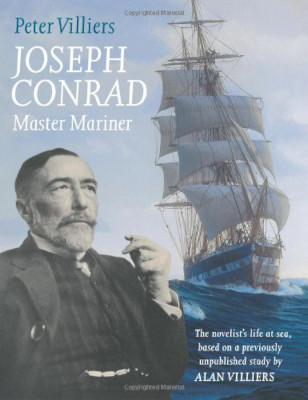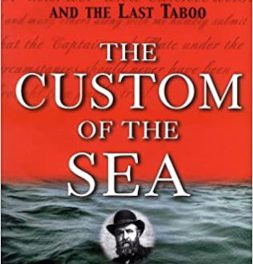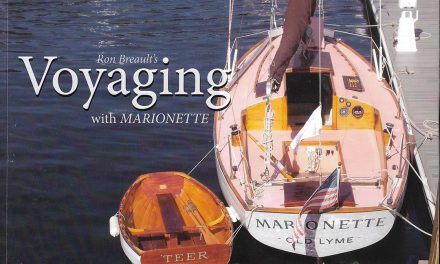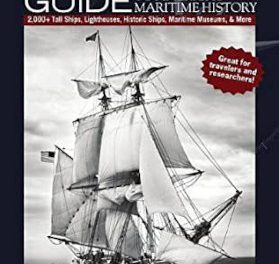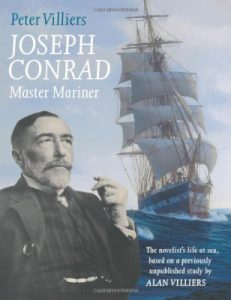 Joseph Conrad, the 19th-century novelist, was a master mariner whose life at sea was nearly as eventful as his novels. That is the premise of this exquisitely written biography of Conrad, which breaks new ground because it was based on a hitherto unpublished study by the expert sailor, Alan Villiers, whose work was completed after his death by his son, Peter Villiers. Although the book mentions points of contact between Conrad’s life at sea and his novels, the focus is firmly on Conrad as sailor, rather than as a writer. One need not like Conrad’s novels to enjoy the biography.
Joseph Conrad, the 19th-century novelist, was a master mariner whose life at sea was nearly as eventful as his novels. That is the premise of this exquisitely written biography of Conrad, which breaks new ground because it was based on a hitherto unpublished study by the expert sailor, Alan Villiers, whose work was completed after his death by his son, Peter Villiers. Although the book mentions points of contact between Conrad’s life at sea and his novels, the focus is firmly on Conrad as sailor, rather than as a writer. One need not like Conrad’s novels to enjoy the biography.
Despite the book’s wealth of detail about 19th-century sailing, it’s very accessible. The book includes a glossary of sailing terms and is illustrated by color reproductions of paintings of ships on which Conrad sailed. As a scholarly book with color reproductions, it would be equally at home on a coffee table, on the shelf of a yacht or in the office of a Conrad scholar. The book, however, contains no charts, so paragraphs on navigational routes will require some readers to consult a globe.
Conrad, after commanding a deep-water ship, took on a very different navigational task. In 1890 he steered a boat on Africa’s hot, dangerous Congo River, with which he had no familiarity. Conrad was appalled at the Belgians’ exploitation of Africans and this experience led Conrad to write the pessimistic, nightmarish novella Heart of Darkness. Any sailor with a genuine interest in the realities — economic, navigational, and experiential, of 19th-century merchant sailing will enjoy this book.
Joseph Conrad, Master Mariner by Peter Villiers (Published in the UK by Seafarer Books; published in the USA by Sheridan House, 2006; 129 pages)

